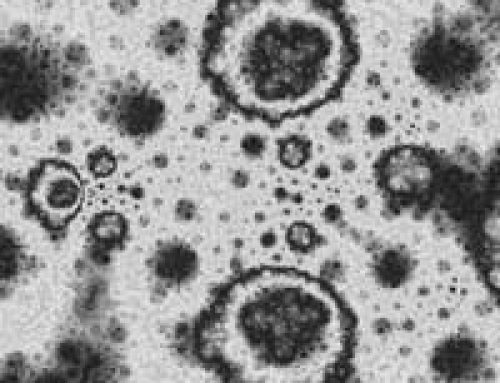
There comes a time of year when if you live in Britain the doors stay closed, the curtains are drawn and the heating is turned up.
But the simple act of heating our home can also pollute the environment. By taking some simple steps, you can still enjoy a cosy house but cut down on emissions which harm both you and the wider environment.
Carbon Emissions
Your central heating and to what extent you heat your home will have huge consequences on the size of your carbon footprint.
CO2 emissions contribute to the greenhouse effect and must be reduced in order to slow down global warming. The UK is one of the worst polluters and so to help reduce the effects of your individual heating pollution follow the advice below:
- Ensure your loft is adequately insulated
- Consider insulating wall cavities
- Reduce heat loss through windows by drawing curtains in cold weather
- Draught-proof doors and windows
- Turn down your heating thermostat
- Turn down your radiators
- Turn off your radiators in rooms which are used little or not at all
Gas Emissions
Gas central heating utilises carbon monoxide, an odourless, colourless, poisonous gas. Faulty cookers, fires, or household boiler systems may emit gas and present a major potential pollution hazard. When in contact with other pollutants it can form ‘bad’ ozone which is damaging to our health and to the environment.
If you have any gas fires in the home, or it is heated by a gas-fired central heating system, then do make sure you have your outlets regularly checked by a certified, CORGI registered gas and heating engineer.
If you suspect that gas is polluting your home, then don’t try any repairs yourself as carbon monoxide is extremely toxic and can poison the blood, affect the heart and brain and cause possible death by asphyxiation.
To help prevent pollution;
- Consider updating your gas boiler
- Have your boiler serviced regularly
- Ask a CORGI registered gas engineer to check your gas fires and cooker
- Exchange your boiler for a Combination model to save energy
Pollution From Fossil Fuels
We all love an open fire or wood burning stove, but indiscriminate burning of wood, coal or oil can pollute the environment.
The burning of fossil fuels produces smoke which emits particulates and dioxins which are extremely harmful to health and is very detrimental to the surrounding air quality.
In order to reduce air pollution, the government introduced smoke control areas where the burning of coal or wood to heat your home is outlawed. To check whether you live in such a zone, contact your local authority.
If you wish to prevent smoke pollution but also want to have a fire, then other options would be to burn ‘smokeless’ coal, use environmentally friendly alternatives to logs or invest in a sustainable ‘wood burning stove’.
Oil Fired Heating
In areas of the country where houses are not connected to gas mains, they may well be heated using oil.
As with other methods, oil presents its own set of pollution problems. If the storage tank it is contained in is not well maintained, then any leakage can seep into the groundwater, contaminating the local area and harming delicate organisms. If a problem develops with a pipe leading to a shared tank, then the polluting effects can be devastating and difficult to clear up. This kind of pollution is considered very seriously, if it happens, you could be liable for a heavy fine.
All forms of Heating are Polluting
Some pollution from your heating is inevitable, but if every person takes a responsible attitude and simple steps to reduce the amount of heating they use, insulating their homes when warmed to preserve the heat and maintaining heating appliances and equipment, there could be an enormous reduction in heating emissions.




I will need a new central heating boiler in the near future. I have been advised that a new one cannot be Fitted in the same position as the present one because the emissions exit directly onto my neighbours property. Where can I look to examine these regulations myself please? Many thanks Nanette Gray.
Here are the regulations for building control purposes. Page 48 is probably the relevant page for you.
Hi do you know of any product on the market that I could fit to the flue of the gas central heating to cut the carbon that is being pumped out into the air Cheers Mal